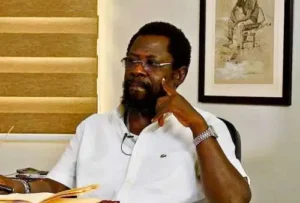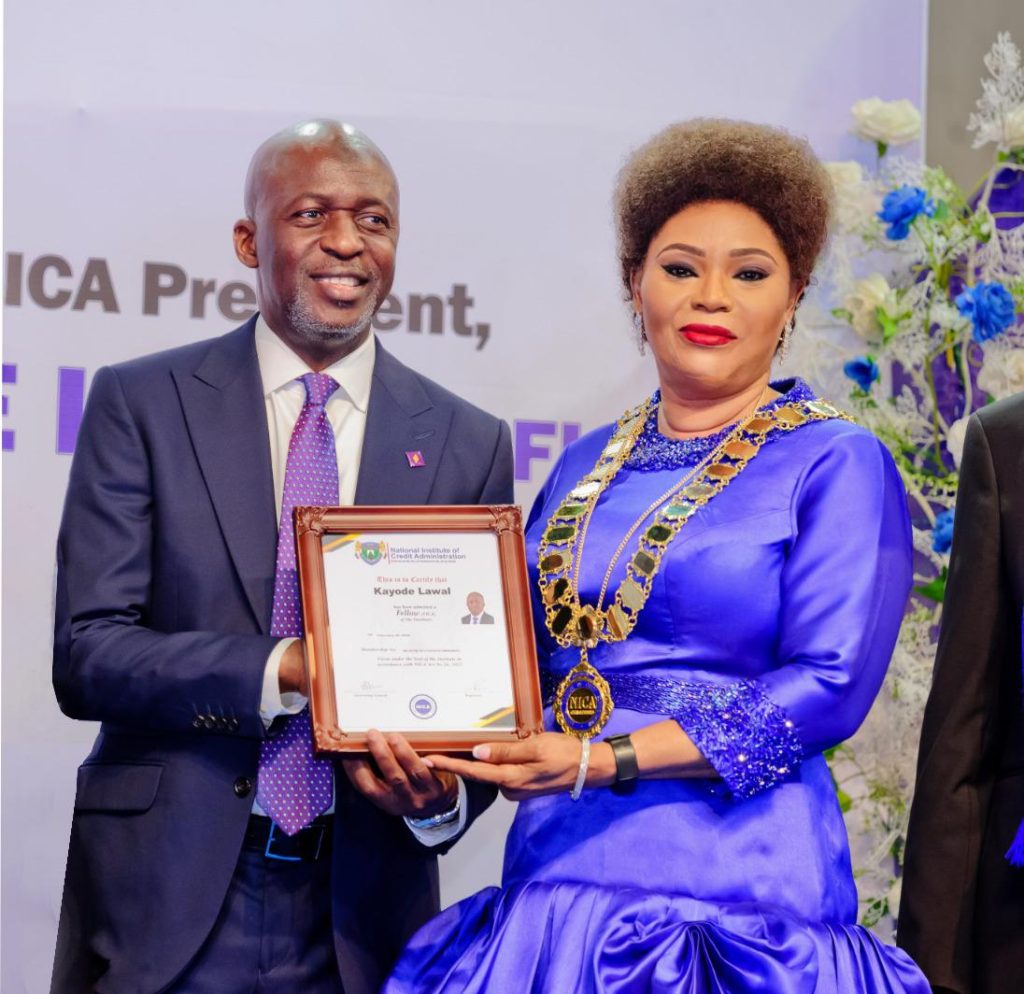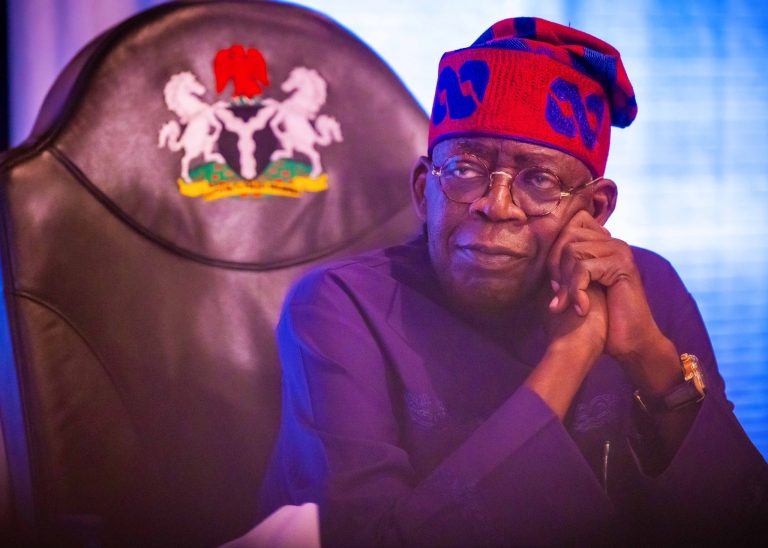
Former Vice President and 2023 presidential candidate of the People’s Democratic Party (PDP), Atiku Abubakar, has criticized the arrest and detention of lawyer and human rights advocate Dele Farotimi, calling it an attempt by the Tinubu administration to suppress free speech and fundamental rights.
In a statement released on Monday, Atiku described Farotimi’s arrest as reminiscent of the oppressive tactics used during military rule, where dissent was systematically silenced. He expressed concern over the use of law enforcement in what he termed a civil matter of defamation, calling it an excessive and unjustified action.
“The arrest and detention of Dele Farotimi harken back to the dark days of military dictatorship, where dissent was met with tyranny,” Atiku stated. “Defamation is a civil matter, not a criminal offense warranting police involvement. This is an outrageous overreach.”
He accused the administration of pursuing a strategy to intimidate critics and stifle opposition voices, warning that such actions undermine democratic principles and risk creating a one-party state. He urged the government to uphold the constitutional rights to free speech and association.
Atiku also referenced his own experience in 2019, when he sought legal recourse over defamation without involving law enforcement, arguing that the courts—not the Police—are the appropriate avenue for such matters.
“Freedom of speech and association are constitutional rights, not privileges. The misuse of law enforcement for political purposes sets a dangerous precedent,” he emphasized.
Calling for Farotimi’s immediate and unconditional release, Atiku urged the government to cease using law enforcement agencies as tools for political retaliation.
Farotimi, a known critic of the government, was reportedly arrested on defamation charges, sparking widespread condemnation from activists, civil society groups, and opposition figures, who view the move as part of a broader crackdown on dissent in Nigeria.
Atiku’s statement adds to growing criticism of the administration’s handling of democratic norms and human rights.





